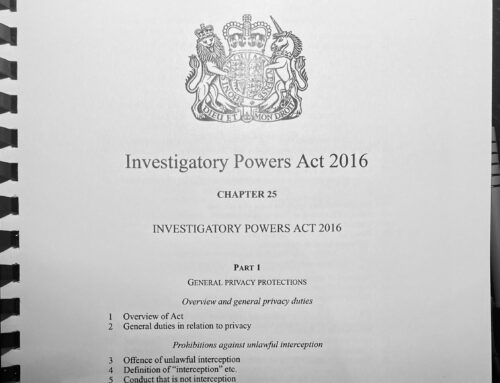Terrorism was commonplace prior to 9/11: yet the years since then have seen an unprecedented growth in anti-terrorism law.
This paper suggests that some of the conventional justifications for terrorism-specific laws are overblown, and that such laws need to be justified by the particular demands of policing and prosecuting this type of crime. An appropriate definition of terrorism, together with a culture of executive restraint, can help keep the UK’s anti-terrorism laws within reasonable bounds. But the key factor is to ensure that there are functioning constitutional limits on the power of Government. In that respect, both Parliament and the courts – including the European Court of Human Rights –have been more effective in recent years than they are often given credit for.
The article was published in [2013] 3 EHRLR 233-246 (June 2013). It is reproduced here by kind permission of the European Human Rights Law Review.
It was originally delivered in lecture form in February 2013, in the offices of Clifford Chance at South Quay, Docklands, as the annual Clifford Chance / University of Essex Lecture entitled “The Meaning of Terrorism”.






